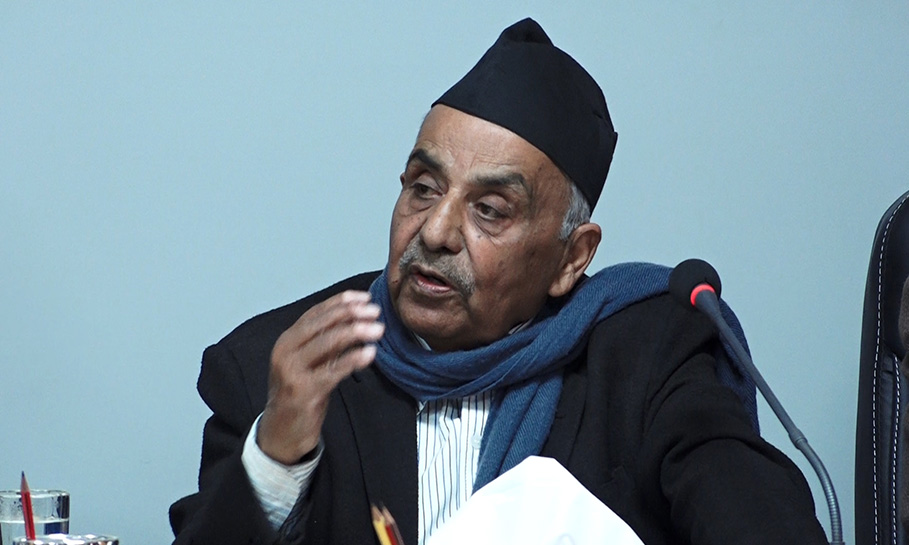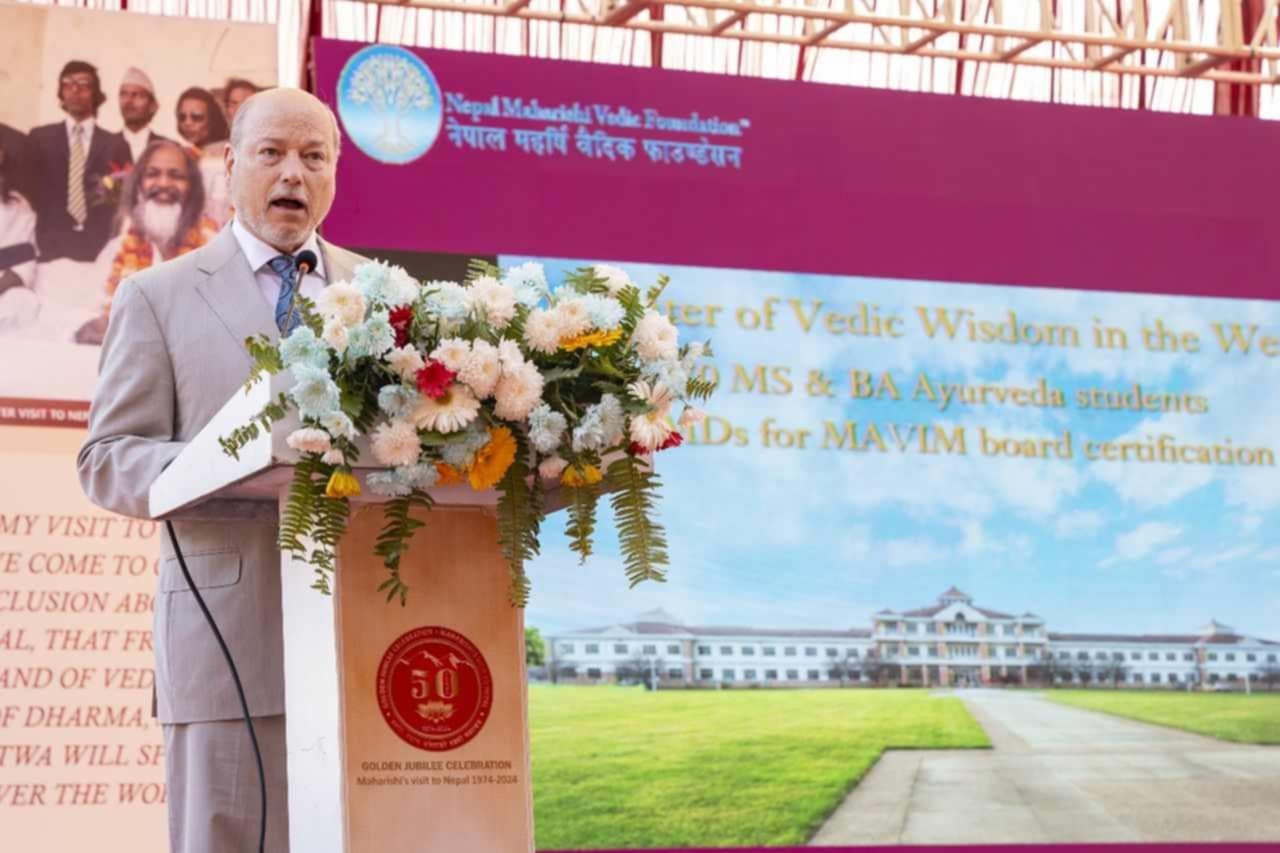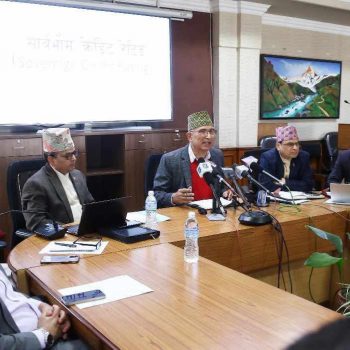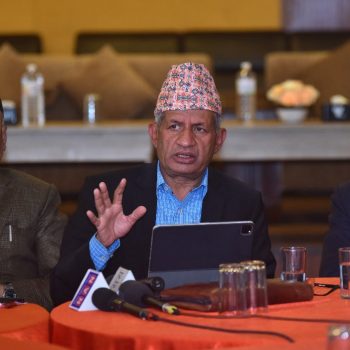What is ‘Rape Culture’ and how is it perpetuated?
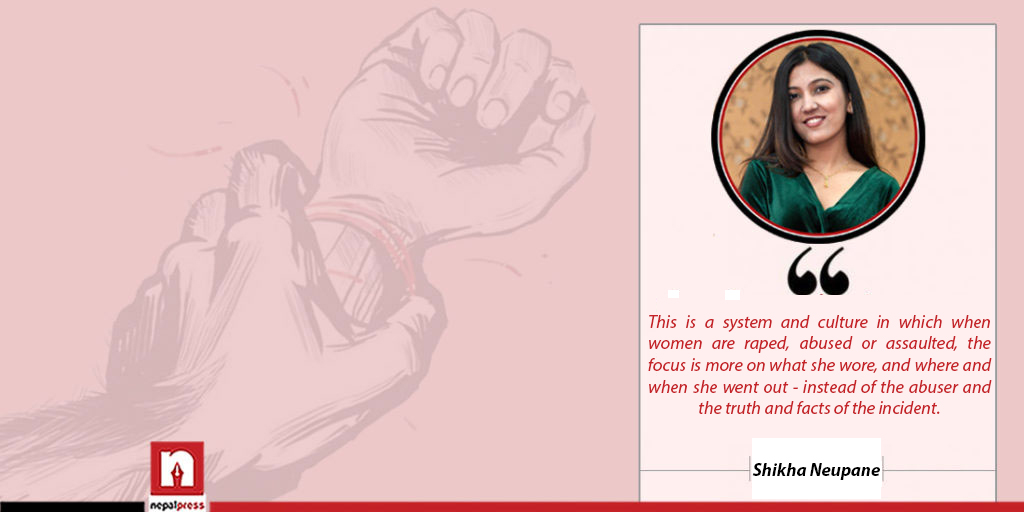
A few days ago, a friend sent me the screenshot of a title of an interaction on Clubhouse. The screenshot that made its way into my messenger inbox read – “Chhaupadi – Wrong or Right? What is the alternative?”
As soon as I saw the title, I was shocked. How and why is the level of consciousness of the youth so low? One – Chhaupadi is illegal. What kind of debate is this? On top of that, those who presented themselves as speakers and debaters in this group were also giving a discourse on “How much dowry should be taken?”
Clubhouse is a new app. Here, you can both speak and listen. A large number of youth are its users. However, it is not just being used to debate on good and relevant issues. There are also gossipers who spend their time talking nonsense on Clubhouse. A few days later, I saw another debate on the same app titled “Why does rape occur?” This made me even more shocked.
These youth discarding the trauma of survivors and talking about such sensitive issues without being responsible is problematic at its core.
Incidents of rape are increasing unimaginably every day. When I find out about such incidents through the media, my heart becomes heavy. I want to write or speak on the issue. But then a thought strikes, “What if I say something wrong and insensitive? If I speak without considering the sensitivity of such issues, this may have a greater impact on the victims.” Thus, I speak only after giving it a lot of thought.
But where is the level of thinking of some young people who are eager to establish themselves as ‘intellectuals’? How reasonable is it to present such insensitive arguments on this sensitive issue? I don’t see one bit of concern on how these discussions will impact the victims and make them suffer more. Not only this, I see men talking relentlessly about issues like menstruation, violence against women and sexual abuse – and this outrages me.
This is what I have experienced. When a woman is talking about the violence and abuse she has experienced from a man, some men try to dissuade her. ‘Not all men’ is a quick and reactive argument presented for the justification. They give moving examples of understanding women, “We also understand women’s problems because we have sisters and mothers at our homes.”
I wonder if they would understand these things had they not had a sister or a mother at their homes. During one of these discussions, I was saying, “Rape is on the rise.” A male friend in the discussion hurried to disagree. He started arguing without facts that ‘rape’ has not increased, but decreased.
Is this ‘Rape Culture?
When I see abusive behavior in society, I remember the study I have been doing on rape culture.
So, what is ‘Rape Culture’?
Of course, this word can be a source of outrage for some. Some may say, ‘It is these writers who write on this subject that contaminate our culture,’ because our view of the word ‘culture’ is associated with our emotions. Therefore, it is natural to get impulsive.
For over a year now, I have been reading various articles about rape culture. Two years ago, I first saw the phrase ‘rape culture’ used on social media. One person tried to explain on Facebook how women are being harassed by this.
This word confused me. I thought to myself – Rape culture? My lack of understanding of the word could have come from a lack of research and study, and the environment I grew up in. Can a word like culture be associated with a criminal word like rape? This compelled me to search for the definition of culture.
Culture and tradition
I remember writing in 7th grade that ‘Culture is our ground, it is our identity’. When I think about it now, my understanding of years later seems to contradict my own writing.
There is a word in English – Unlearning. It means forgetting what you have learned.
How easy it would be to put this word into practice! I am also trying to forget such emotional understanding connected with culture, my level of consciousness when I was in 7th grade.
When I was in 8th grade, I used to write that social evils should be eradicated. That is when I had my first period, or menstruation. Giving continuation to the existing traditional practices, I was restricted to my own room for days. I was forbidden to see the sun and the faces of men in my own family. I was stopped from going to school for many days.
If this moment was scary for me, what may have been the experiences of women staying alone in cowsheds in remote villages? Darkness, with snakes that can appear anytime anywhere and the consequent fear. How painful that experience probably is! Women are losing their lives every year because of the traditional ‘Chhaupadi’ practice. This should have been a concern for the new generation. But instead, the youth are interacting and discussing the fundamentals of whether this is right or wrong, which seems pathetic to me.
As I understand it, tradition is described as the beliefs and practices followed by certain groups that are passed on from one generation to another.
Superstitions and evils are also closely linked to tradition, such as the Sati practice and discrimination between groups.
It is true that we have stopped following many customs and traditions. Some remain the way they are. We analyzed some and decided whether to follow them or not. Many are yet to be analyzed. Culture is associated with the location, time, environment, lifestyle and way of life of a community or any group. These include the language, costumes, social changes, etc. of the community. These are fluid and keep changing with time.
Teej used to be celebrated by singing sad songs, but now it has turned into a joyous festival. According to Peter Richardson and Robert Boyd, culture is an indicator that affects everyone in society. They define It as behaviour that people learn from other members of society by reading, imitating, or through other means. Social media and television have attracted people to popular culture.
The language we speak, the clothes we wear, the songs we hear and sing, and the food we eat are all parts of popular culture.
How is rape culture being normalized?
In the 1970s, in the United States, feminists first used the term “rape culture.” Rape culture is a culture that denies and normalizes sexual abuse of women. In this culture, violence against women is normalized and considered a ‘fact’ of life.
This is a system and culture in which when women are raped, abused, harassed or assaulted, the focus is more on what she wore, and where and when she went out – instead of the abuser and the truth and facts of the incident.
Here, the victim is looked at with blame rather than support and sympathy. When a woman tries to openly talk about being sexually abused, family members, relatives and society attack the victim by saying, “Who told you to go out alone with a boy? When you go out at night, this is bound to happen. Why did you come from that road knowing that boys will follow you?”
“Since you are a daughter, you have to accept and normalize that this will happen. Now, let it be. Fortunately, nothing big happened, we just came to know what kind of person he is. Now stay away from him. Why file a complaint, and paint a problematic image of yourself ?”
There is no space for sensitivity in rape culture. Instead of looking at it as a problem, in the rape culture, people view this as the reality of society and normalize such behavior. Abusive language, women’s bodies and sexual violence are looked at in the form of glamour, which makes society ignore women’s rights and security.
Now this culture is also supported by songs that are considered creative. As you may have noticed, some Nepali song lyrics read, “Ghati bhanda tala ramri chhey,” which means “She looks good below the neck.”
“Herchhan ti aankhale anga chhaani chaani,” meaning – “They choose the organs to look at through the eyes.”
“Chhuna lai hoina, herna chahin payinchha, aankha lai sekna jati ni payinchha” – “You cannot touch but you definitely can look, you can treat your eyes as much as you would like.”
In these kinds of songs, we clap, dance and sing joyously.
In our society, the culture of teasing between brother-in-law and sister-in-law (Saali bhena) is popular. Therefore, the sister-in-law who is teased by her brother-in-law has to endure this. The men of this society are the ones who insist that it is our ‘culture’ to flirt.
And it is these same men who enjoyed the lyrics of and sang along to the song, “Saali man paryo,” which means “I like my sister-in-law,” who were extremely bothered by the song “Aba ko Teej no brata please,” – “No fasting please, during this Teej.”
Women are the subject of not only these songs, but also jokes and proverbs. It is in this society itself that people have fun by assassinating women’s characters.
“Gundruk pakaunu ra saali fakaunu pardaina,” – “You don’t have to cook gundruk or flirt with your sister-in-law in an attempt to get her.”
“Dudh umliye ageno ma, chhori umliye khaaldo ma” – “If milk boils, it spills on the porch, but if a daughter spoils, she falls into a pit.”
“Aafni chhori nakharmauli, tanneri lai dosh” – “Your daughter is too excited and bubbly, don’t blame the young guy.”
How much have these insulting proverbs affected women? What position are we placing women in and looking at them from? Have we thought about this? It is high time we begin to do so.
Let’s talk about scenes shown in movies. How insensitive rape scenes are! Who will be responsible for the additional pain inflicted on the victim due to this?
The way women are shown before scenes of rape, and the mentality of showing women as sex symbols in item numbers are highly problematic. This is all a part of a ‘rape culture’, which is being inadvertently encouraged and perpetuated.
A few months ago, a veteran leader said in an interview, “First you get together, and then call it rape when you fight?” This sentiment hurts victims and disregards their traumatic experiences.
This leader probably believes that ‘marital rape’ is not rape. As long as such people and ideas exist in our society, this culture of rape is still perpetuated and this society will remain ‘A rapist society’.
If there is an absence of consent from one side when it comes to sexual activity, the activity is rape. There is no ‘consensual sex’ and ‘non-consensual sex’. If there is no consent, then it is outright rape. The most important thing to understand here is ‘consent’. No sexual activity is normal and valid without this. And, consent doesn’t always exist, even in married couples.
Sometimes there is coercion between husband and wife. Therefore, we should not deny that marital rape also exists in society. If we continue to deny such acts, we will never be able to point fingers at moral wrongdoings. We cannot hold the rapists responsible. Such activities will reinforce the existence of ‘rape culture’.
This may sound strange – but the word ‘rape culture’ was not coined to sound ‘comfortable’. This is a word that clearly shows how much ‘hypocrisy’ exists in society. This is a word that shows how deep the oppression of women is.
When a woman tells you that she has been sexually abused, you say ‘Not all men’. When you do this, you are denying the abuse done by that one man. And when you say, “I respect women because I have sisters at home”, then you are associating women with men even to give them basic human respect.
Women deserve respect anyway, whether or not you are related to them. Respect is gender-neutral. You don’t have to remember your relationships with anyone to respect an individual. It is necessary to use the phrase ‘rape culture’ to stop such evils of the society by bringing such incidents to the fore. It amplifies peoples’ voices and portrays society as it really is, without trying to sugarcoat and cover it up.
From the language used in society like “You should not do this because you are a daughter,” to the words used to address women and the movies, jokes and derogatory styles used in proverbs, all of this is a part of ‘rape culture’.
If you blame and shame the victims, entertain songs and jokes the subject of which are women, you are encouraging rape culture. And if you say, “Women have to tolerate, handle and accept everything because men will be men” – you are promoting and perpetuating rape culture.



